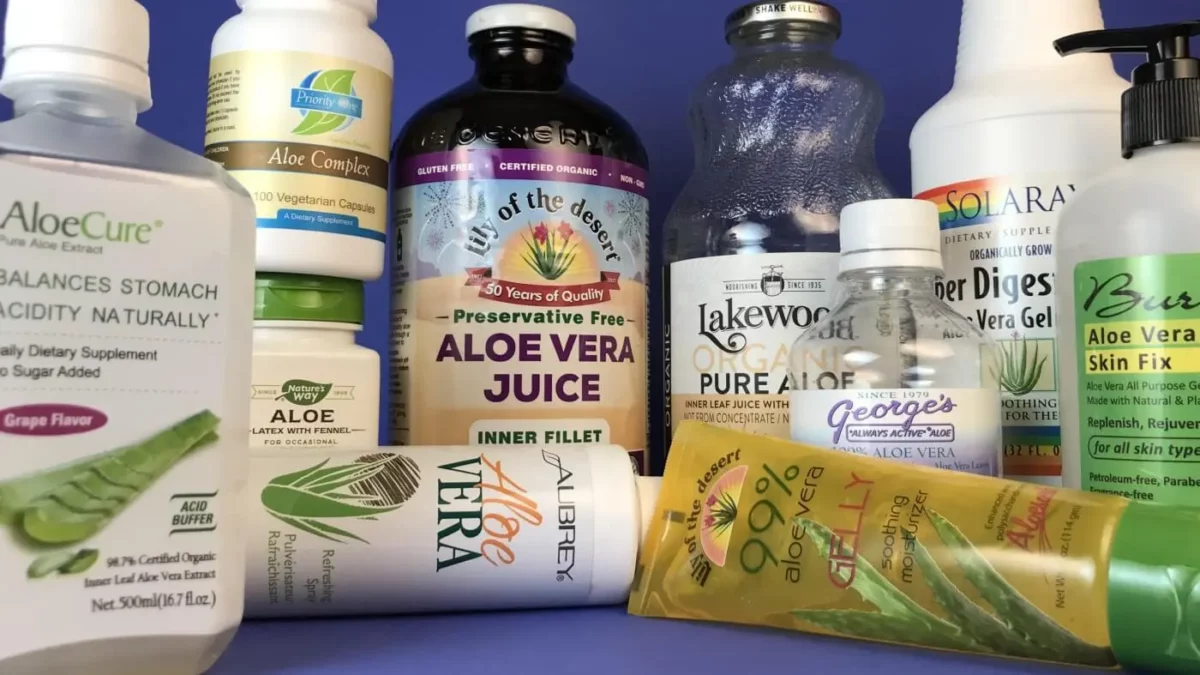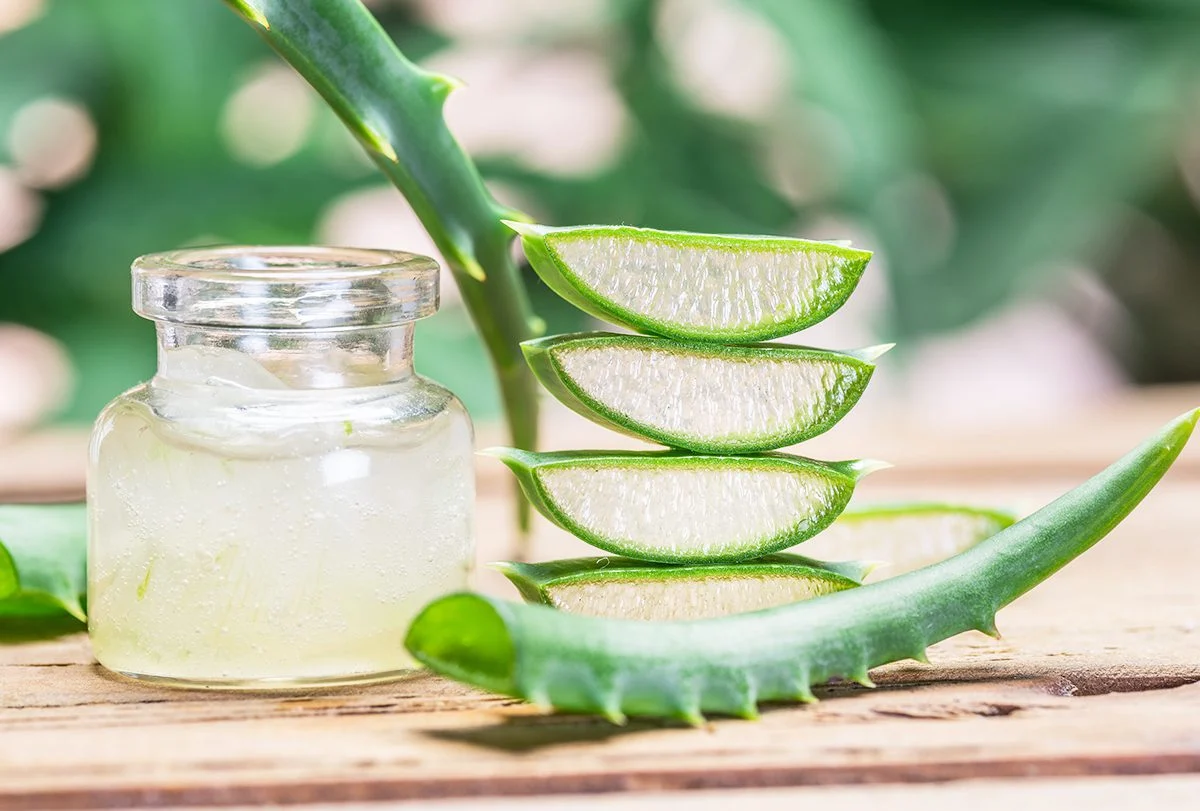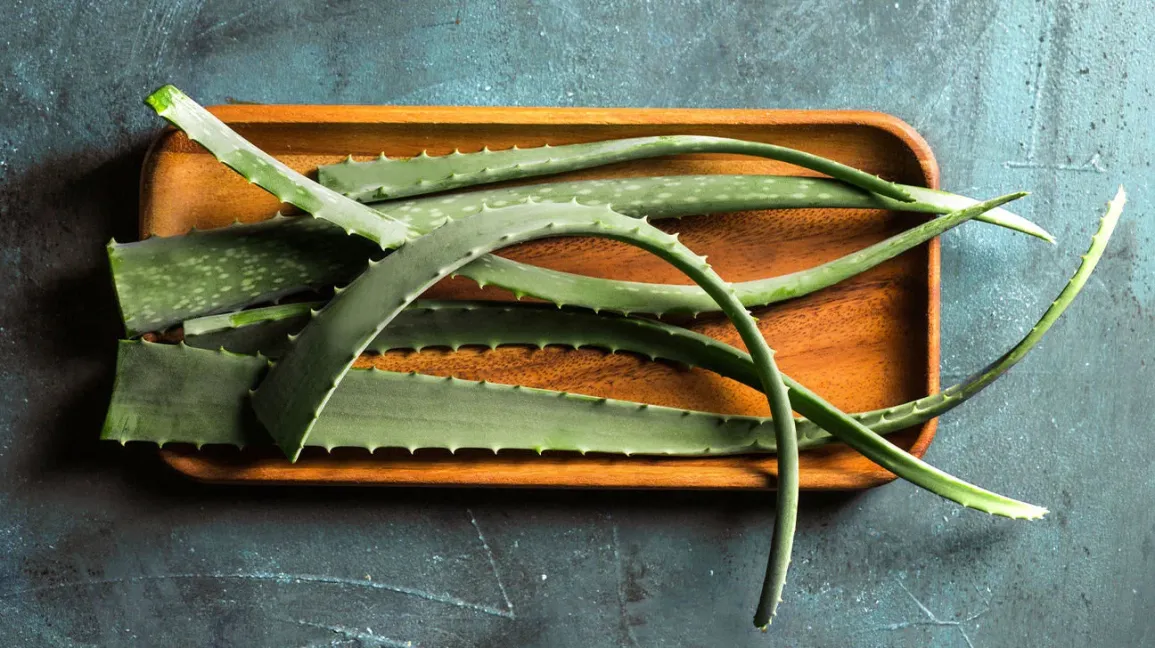Aloe vera has been used for centuries and is currently, more popular than ever. Well, why should you have it in your garden? Whenever I look at the scar on my right arm, I shiver at the memory of the day I almost lost it, were it not for my colleague’s quick thinking and this herb, aloe vera. I worked as a plant operator in a manufacturing plant. Operating heavy machinery required regular service and greasing, to ensure smooth running of the gears and other moving parts. On the fateful day, I was cleaning a hammer mill when a colleague switched it on with my arm under the hammer.
My horror as the hammer came rolling and held my arm in a vice grip down in the barrel was palpable. I’m not going to lie here, however macho I may seem. I screamed my lungs out over the sound of the machinery before the mill was hurriedly stopped. Now, you’ve got to understand that this was deep in the reserves of Kilifi County. My skin was torn. As I watched in horror the blood oozing in spurts from my arm, I panicked and became nauseated. However, I held on to consciousness as my colleagues guided me out of the plant.
Even though the first Aid was crude, it saved my arm. First, the wound was seared with a red hot rod to stop the bleeding. Then from the plant’s garden, an aloe vera leaf was brought. The green bark was stripped and the gel was tied with a rag around the wound. Fast forward, I didn’t need any tetanus shot and the wound healed after ten days, healthy with no trace of infection, thanks to the aloe vera. This got me thinking, what other benefits does this life-saving plant have and why should you have it in your garden?
Aloe vera, with its thick, pointed, and fleshy green leaves, has been treasured for centuries for its myriad of health benefits. Moreover, this remarkable plant is extensively utilized in the cosmetic, pharmaceutical, and food industries, boasting an estimated annual market value of $13 billion globally. The secret to its widespread appeal lies in its nutrient-rich gel, nestled within its robust leaves.

Nutrient-Rich Composition
Aloe vera leaves, which can grow up to 12–19 inches (30–50 centimeters) in length, contain a slimy, water-filled tissue known as the gel. This gel is a powerhouse of beneficial bioactive compounds, including vitamins, minerals, amino acids, and antioxidants. The antioxidants in aloe vera, particularly the polyphenols, play a crucial role in inhibiting the growth of certain bacteria, making the plant renowned for its antibacterial, antiviral, and antiseptic properties.
Healing and Skin Protection
Aloe vera’s healing prowess is well-documented, especially in the treatment of skin issues. Historically, the United States Pharmacopeia recognized aloe vera preparations as skin protectants as early as 1810–1820. Modern studies reinforce its effectiveness in treating first and second-degree burns. A comprehensive review of experimental studies revealed that aloe vera could reduce burn healing time by approximately nine days compared to conventional treatments, while also alleviating redness, itching, and infections.
While evidence for aloe vera’s efficacy in healing other types of wounds remains inconclusive, ongoing research holds promise. Its topical application continues to be a popular remedy for various skin ailments, including sunburns and sores.

Oral Health Benefits
Aloe vera’s benefits extend to oral health as well. A study involving 152 school children aged 8-14 years demonstrated that an aloe vera mouthwash was as effective as chlorhexidine, a standard mouthwash ingredient, in reducing plaque, gingivitis, and the presence of Streptococcus mutans, a plaque-producing bacterium. Another study from 2021 corroborated these findings, suggesting aloe vera mouthwash as a viable natural alternative to chemically formulated mouthwashes.
Additionally, aloe vera gel has been proven effective in combating Candida albicans, a yeast commonly found in the mouth. It also accelerates the healing of mouth ulcers, offering pain relief and a shorter healing time compared to other treatments.
Digestive Health and Beyond
Aloe vera latex, a sticky yellow residue found just under the skin of the leaf, contains aloin or barbaloin, which has well-established laxative effects. However, due to safety concerns with frequent use, aloe latex has not been available over-the-counter in the U.S. since 2002. Contrary to popular belief, aloe vera does not effectively treat other digestive conditions such as irritable bowel syndrome or inflammatory bowel disease.
Skin Aging and Moisture Retention
Preliminary evidence suggests that topical aloe vera gel can slow skin aging. A 2009 study involving 30 women over the age of 45 found that oral consumption of aloe vera gel increased collagen production and improved skin elasticity over 90 days. Reviews also indicate that aloe vera may help the skin retain moisture and improve integrity, benefiting those with dry skin conditions.
Potential in Diabetes Management
Aloe vera may also aid in managing diabetes. Some studies suggest it can enhance insulin sensitivity and improve blood sugar management. A 2021 review indicated moderate to high quality evidence supporting aloe vera’s effects in patients with prediabetes or type 2 diabetes. However, due to the varying quality of these studies, aloe vera is not currently recommended as a primary treatment for diabetes.
Hair and Scalp Health
Aloe vera’s benefits for hair primarily relate to its ability to treat seborrheic dermatitis, a condition causing a reddish rash and crusty scales on the face and scalp. A study highlighted aloe vera’s effectiveness in reducing itchiness, scaliness, and the affected area size. Since seborrheic dermatitis can lead to temporary hair loss, aloe vera’s therapeutic properties underscore its potential for promoting hair growth.

Risks
Aloe vera is generally considered a safe remedy with minimal known side effects. According to the National Center for Complementary and Integrative Health (NCCIH), its topical use is likely safe. However, oral consumption of aloe vera can lead to stomach cramps or diarrhea due to its laxative properties, and there have been some instances of liver injury linked to its oral forms. Additionally, non-decolorized whole leaf extract of aloe vera, which is unfiltered and may contain carcinogenic chemicals, poses certain risks. The NCCIH has indicated that this particular form of aloe vera has been associated with an increased cancer risk in rats.
Aloe vera stands out as a versatile and valuable natural remedy with extensive applications in various industries. Its rich composition of bioactive compounds offers numerous health benefits, from skin healing and protection to oral health, digestive aid, and beyond. While some of its potential uses require further research, aloe vera continues to be a trusted natural solution for many common health issues, living up to its reputation as nature’s green gold.













